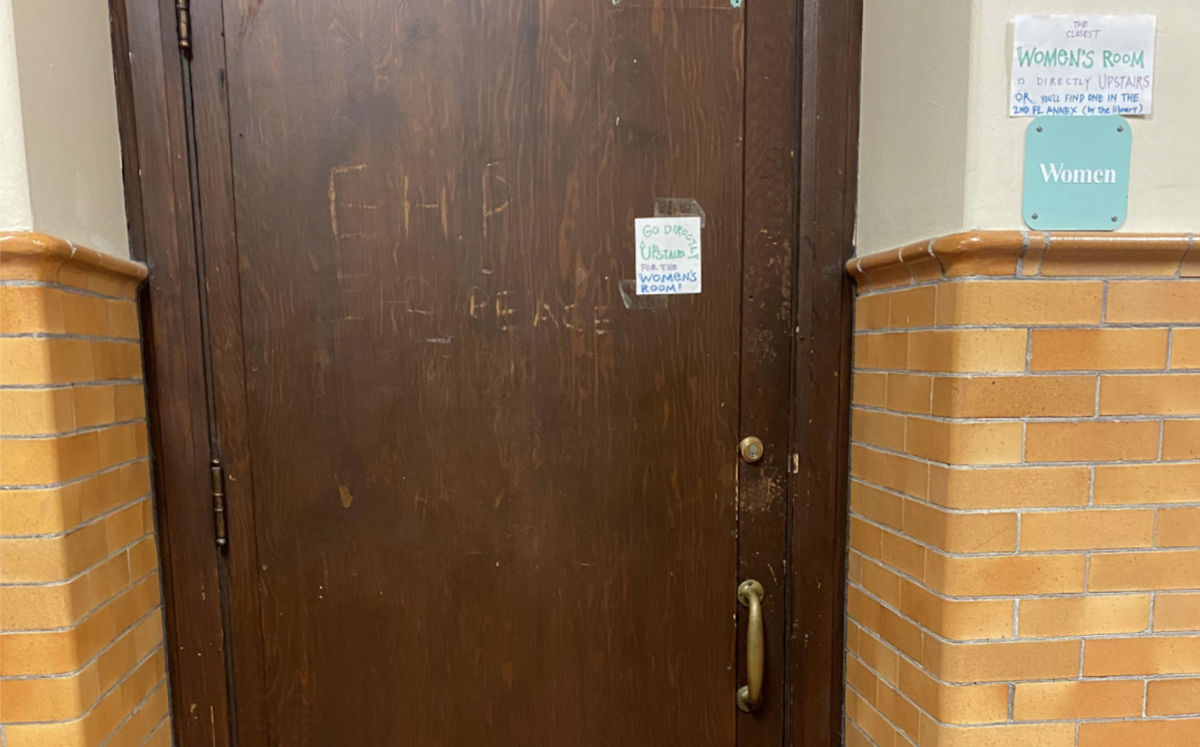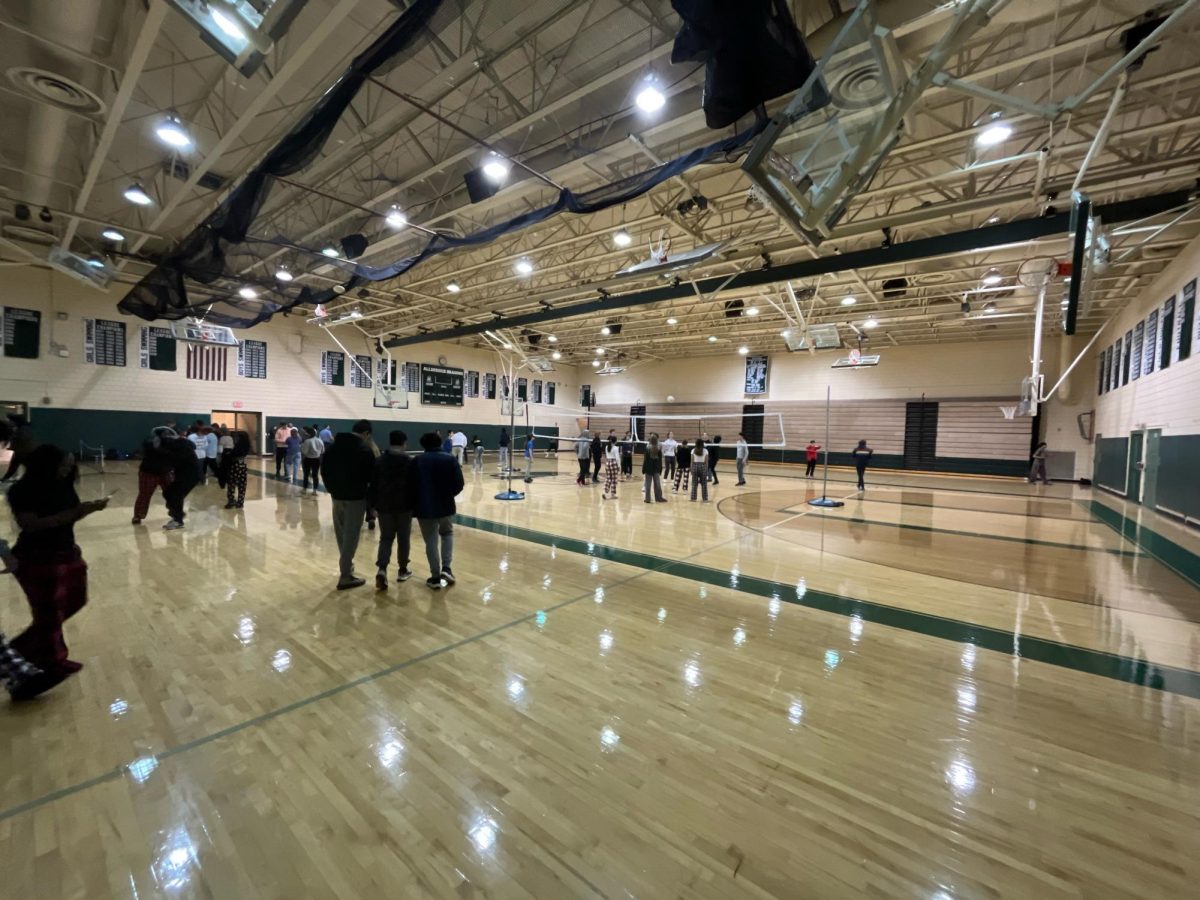Taylor Allderdice, along with thousands of other schools around America, is introducing new policies to eliminate student phone use during instructional time. The devices are seen as a distraction to teachers, administration, and the quality of education within classrooms. Allderdice’s new policy will include Yondr pouches: magnetic pouches that store the phone and cannot be unlocked without a special magnet that would be held by the administration. Other schools around America are using Yondrs, or other alternatives like Pittsburgh Sci-Tech Academy, which uses metal phone cages.
Yondrs have several usages and are frequently used at concerts and entertainment functions to eliminate people from recording the show. The Yondrs, in theory, seem like a good idea for a school environment, and they definitely have some benefits.
Benefits of Yondr, and Other Methods:
It is widely understood that phones can be a primary cause of mental health problems. Whether it is depression due to cyberbullying, body dysmorphia caused by unreasonable social media expectations, or gambling problems from online games and casinos, the recent boom of phone use has caused much detriment to the mental health of people of all ages. Eliminating phones as much as possible can certainly help slow this epidemic of cell phone addiction and mental health issues.
It is important to remember that these are used in schools, where the number one priority is focused on education. Having a phone, however, means limitless distractions. Whether there is a school emergency, there are important instructions going on, or you have a big exam coming up, being distracted by your phone during the school day can potentially harm yourself or others in very negative ways. The National Institute of Health conducted a study on phones in college classrooms. Of 265 students taking medical and basic classes, all between the ages of 16-24, 68% of students reported hearing phones ringing, and 21% reported phones to be extremely distracting. This data shows that there is most certainly a need for phone policies to be inserted.
Furthermore, according to Yondrs website, a survey email sent to over 900 schools, 65% of schools saw academic improvement, 74% saw an improvement in student behavior, and 83% saw an improvement in student engagement. The numbers are there to prove the benefits of Yondr and other phone policy systems, but do they outweigh the cons?
Cons of Yondrs/ Benefits of Phones:
Although it is very clear that phones should be further removed from the classroom, the way Allderdice is going about it is a breach of students’ freedom and safety. Yondrs, despite removing the distraction aspect of the phone, also locks up students’ ability to use their phones for good. Many students use their phones to access apps like Schoology, a resource used at Allderdice for students to access their work and grades. After conducting an interview amongst 50 students and teachers at Allderdice, 62% of students say they prefer accessing schoology from their phone, as opposed to the website. As senior student Kalu Kramer says, “The schoology app just makes it so much easier to submit assignments and papers.”
Additionally, Señor Taylor, an Allderdice Spanish teacher who incorporates technology into his class every day through educational internet games like Kahoot and Booklet, was asked about how many of his students used their phones in his class as opposed to their laptops, “Well, I would say last year – about 50/50. This year the computers are a lot nicer so I don’t know if that might change.” A majority of the students in the school rely on their phones to get their work done, and eliminating phones full-time is not a good decision.
In addition, many students struggle with diabetes, anxiety, depression, ADHD, and many other medical conditions that may require a phone. A diabetic student may need to monitor their insulin, an anxious student may need to contact their parent or therapist at any given time due to an anxiety attack, or a student with ADHD may need to use their phones for audiobooks/white noise to help them stay on task. to It can be very detrimental to these students to remove the crucial devices for students with these conditions. Upwards of 41% of kids suffer from mental health issues, which do not stop developing until after the age of 18.
It is also worth noting that in an unlikely but possible situation of a school shooter, fire or any other emergency, it is important for all students to be able to contact their families at all times, with the privacy of their phones.
The Solution:
There is no need to discredit the benefits of a phone-free environment, but the importance of phones is undeniable and should be respected by school administrators. Instead of spending upwards of $40,000 ($30 per 1600 students) on Yondr pouches, schools like Allderdice should incorporate ways to better support both parties. Instead of locking up phones for 7 hours and impacting students’ freedom and privacy, schools can strictly require teachers to hold onto them at the front of the class, or a strict no-phone policy that can be followed by consequences if not followed. This solution will allow for a phone-free school environment but still allow students to contact their families if they need to at any time, and allows for exceptions for students with various needs or medical conditions. The money spent can instead be used on things that will positively improve learning environments, like air conditioning in schools that need it. This would make everyone happy, keep the student morale up, still eliminate distractions in a learning environment, but also allow students to feel free, comfortable, and have privacy.








